Wild birds frequently come into contact with human activity, and since we share many of the same habitats, it’s not uncommon to come across one in difficulty.
If this happens, don’t worry! You are the first to offer help, which is appreciated. Please check the guidance below before taking action, as different birds and situations require different approaches.
First identify the Bird!
✅ BirdLife Malta is only able to assist with Wild Birds.
❌ We are unable to assist with Domestic Birds, Pets or Pigeons due to the high number of emergency cases we handle and our limited capacity. However, there are specific actions you can take depending on the type of bird found.
⬇️ Click on the images below to be guided to the right section for your case ⬇️
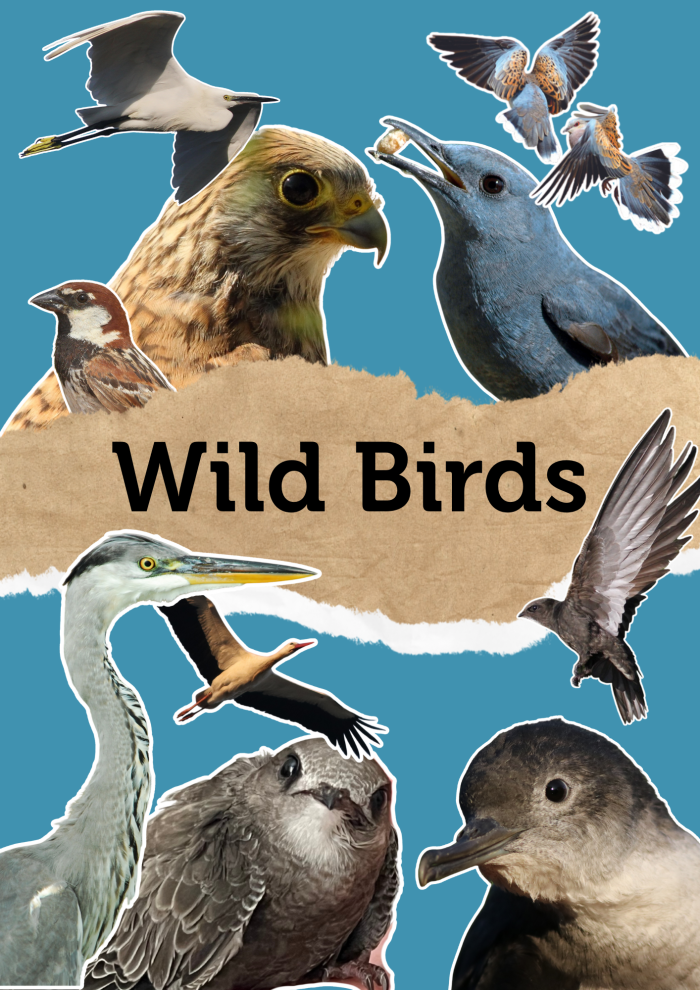
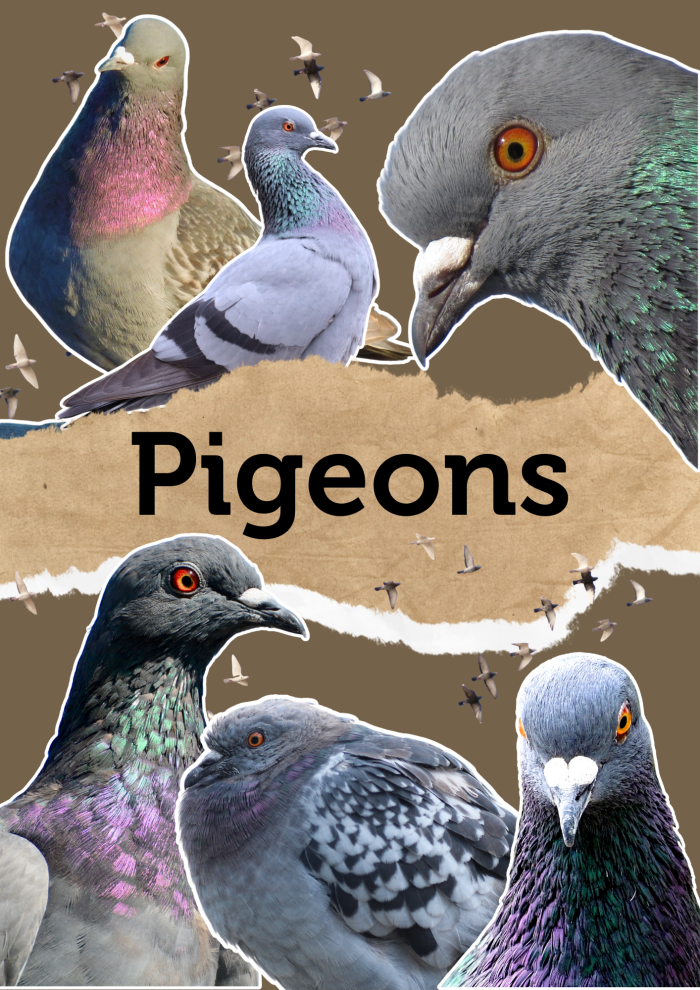
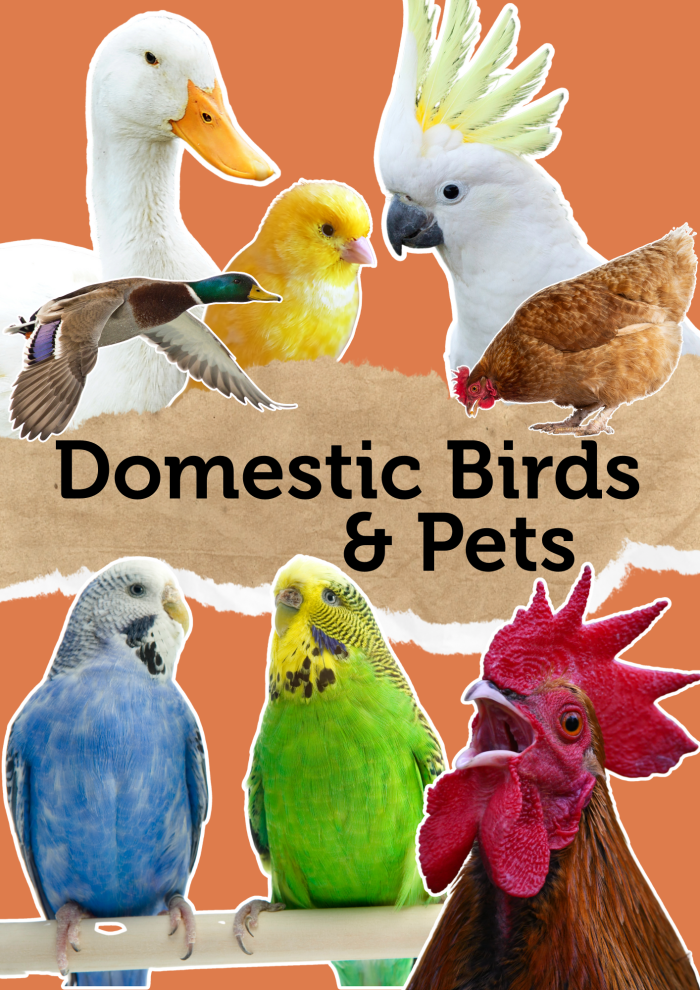
📸💬☎️ If you are not sure what kind of bird category you have found, first send us a photo via Facebook Messenger so we can help you identify it.
If it’s urgent, please call us after sending the photo.
During weekdays (9am-5pm): +356 2134 7645 (EXT 507)
Evenings and weekends: +356 7925 5697
Wild Birds – What to do?
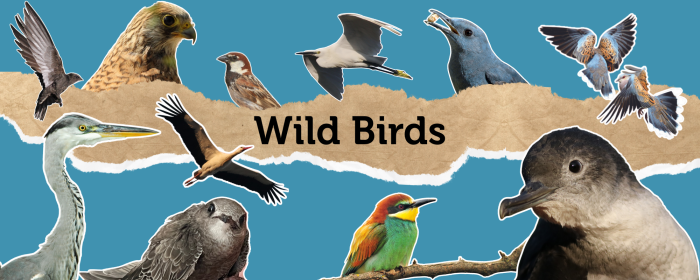
Please select the appropriate section below:
Baby Wild Birds
Many young birds leave the nest while learning how to fly. As a consequence, they often end up on the ground.
But don’t worry, not all of them need rescuing! Most of them are still being cared for by their parents nearby.
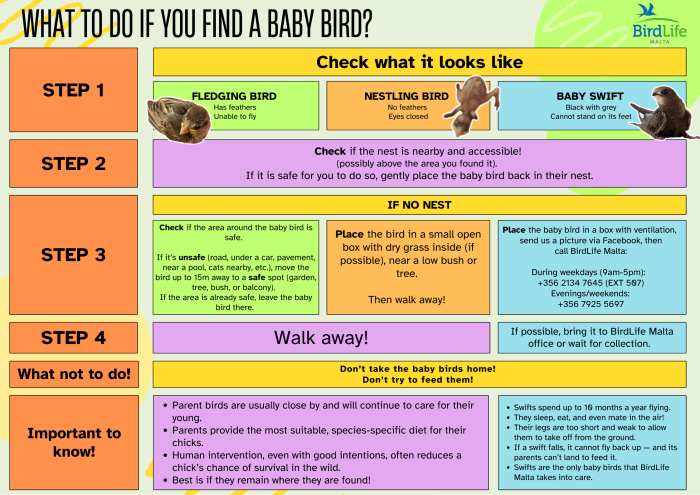
Injured Wild Birds
Why wild birds get injured:
- Illegal hunting or trapping
- Collisions with windows or vehicles
- Disorientation from light pollution
- Exhaustion during migration
- Severe weather
What to do if you find an injured wild bird? 🚑
- 📸 Send a photo and 📍 the location where you found it via BirdLife Malta Facebook Messenger .
- 📞 Call us:
- Weekdays (9am–5pm): +356 2134 7645 (EXT 507)
- Evenings & weekends: +356 7925 5697
- ⏳ Stay at the site until you hear back from us.
- 🔁 If you can’t reach us: our lines may be busy. Please try again or leave a Messenger message with your number — we’ll call you back.
- 🚫 Do NOT feed the bird — the wrong food can make things worse.
Pigeons – What to do?
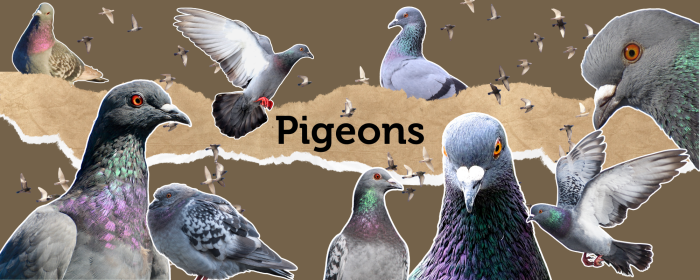
❌ Due to our limited capacity, BirdLife Malta is unable to intervene in cases involving pigeons. However, you can still help depending on the situation.
Please follow the guidance below:
📌 1. Is the pigeon ringed?
If the pigeon has a leg ring with numbers, it is likely a racing pigeon and belongs to someone.
- The ring will display three sets of numbers — look for the two-digit number (between 01 and 25) and record it.
- This two-digit number corresponds to a pigeon club.
- You can contact the club listed here to help reunite the bird with its owner.
🐣 2. Is it a young pigeon?
- Young pigeons often spend time on the ground unable to fly, but are still cared for by their parents.
- No intervention is needed unless the bird is visibly injured or in immediate danger.
- Apply the same steps as for baby wild birds.
💧 3. Is the pigeon weak or resting?
Sometimes pigeons suffer from hunger or thirst. You can assist by:
- Providing a shallow container of water (around 3 cm deep).
- Offering bird seed or basic grains (e.g., rice, corn, oats).
- Once the pigeon has eaten and regained strength, remove the food to encourage it to fly away.
🏥 4. Is the pigeon injured?
If the pigeon appears to be injured, sick, or in poor condition, you can contact your veterinary clinic for further assistance.
Domestic Birds and Pets – What to do?
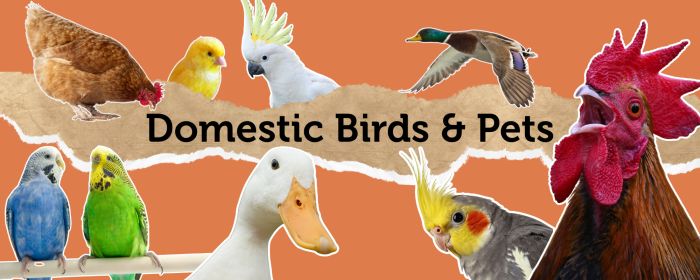
❌ Due to limited resources, BirdLife Malta is unable to intervene in cases involving domestic birds or pets.
Ducks (domestic breeds), Chickens, Canaries, Cockatoos, and Parakeets fall under the category of domestic birds or pets. However, you can still help by following the steps below:
⚠️ 1. Is the bird in danger?
If the bird is in a situation where it’s injured, causing danger, or at risk, you can:
- Call Animal Welfare at 1717 (Malta) or 79691717 (Gozo)
- Take it directly to your veterinary clinic
🕵️♂️ 2. Help reunite it with its owner
If it’s a pet, help the bird return home:
- Report it to your local police station
- Post a photo on the RUBS Puppy Love Facebook group, where many lost pets are recovered
🏠 3. Temporary care
While waiting for help or an owner to be found:
- Gently place the bird in a well-ventilated box or cage
- Keep it in a calm, quiet place
- Avoid handling it too much, as this can cause additional stress
